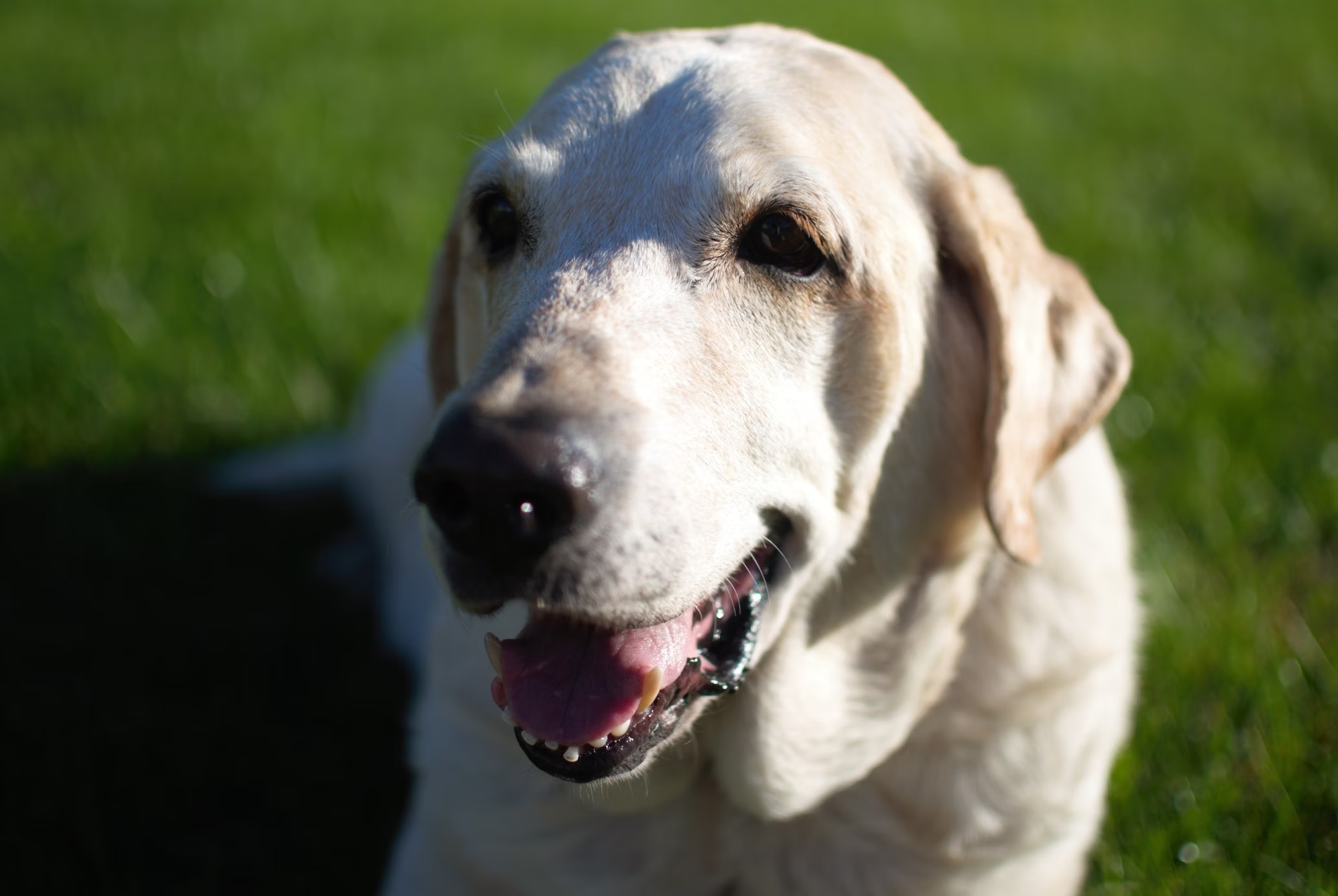Choosing the Right Breed

Choosing the Right Dog or Cat Breed: A Comprehensive Guide for Pet Owners
Selecting a pet is a significant decision that requires careful consideration. Whether you’re a first-time pet owner or looking to add a new member to your family, choosing the right breed of dog or cat is crucial for ensuring a harmonious and fulfilling relationship. In this comprehensive guide, we will explore the factors to consider, the characteristics of different breeds, and tips to help you make the best choice for your lifestyle and preferences.
Understanding Your Lifestyle
Before diving into specific breeds, it’s essential to evaluate your lifestyle. Here are key aspects to consider:
1. Living Space
- Apartments vs. Houses: If you live in an apartment, smaller breeds or cats might be more suitable due to space constraints. Larger dogs typically require more space to move around.
- Yard Space: A home with a large yard may be ideal for energetic breeds like Border Collies or Labrador Retrievers, which need plenty of room to run and play.
2. Activity Level
- Active Individuals: If you enjoy outdoor activities and exercise, a high-energy breed such as a Siberian Husky or Australian Shepherd could be a good match.
- Sedentary Lifestyles: For a more relaxed lifestyle, consider breeds like the French Bulldog or the Persian cat, which are content with less activity.
3. Time Commitment
- Busy Schedules: If you work long hours, choose breeds that are more independent, like the British Shorthair cat or the Basset Hound.
- Home Time: If you’re at home frequently, you might enjoy a more social breed, such as the Golden Retriever or the Siamese cat, which thrives on interaction.
Breed Characteristics to Consider
Different breeds have unique traits that can significantly impact your experience as a pet owner. Here’s what to look for:
1. Temperament
- Friendly and Social: Breeds like the Labrador Retriever or the Maine Coon cat are known for their friendly and outgoing nature, making them great family pets.
- Reserved or Independent: Breeds such as the Shiba Inu or the Scottish Fold cat may be more reserved and prefer their own space.
2. Grooming Needs
- Low Maintenance: Breeds with short coats, like the Boxer or the American Shorthair cat, require minimal grooming.
- High Maintenance: Long-haired breeds, such as the Afghan Hound or the Himalayan cat, need regular brushing and care to prevent matting.
3. Health Considerations
- Common Health Issues: Some breeds are prone to specific health problems. For example, Bulldogs often have respiratory issues, while Maine Coons may face heart conditions. Researching these aspects can help you prepare for potential health challenges.
- Life Expectancy: Consider the average lifespan of the breed. Smaller breeds generally live longer than larger ones, with some cats living well into their late teens.
Choosing Between Dogs and Cats
Your choice between a dog or a cat should align with your lifestyle and preferences:
1. Dogs
- Social Interaction: Dogs are generally more social and require regular interaction and exercise. They often form strong bonds with their owners and can be trained to perform various tasks.
- Training Needs: Dogs typically need training and socialization from an early age to ensure they behave well in different situations.
2. Cats
- Independent Nature: Cats are generally more independent and require less attention compared to dogs. They are often content with a quiet environment and can entertain themselves for longer periods.
- Litter Box Training: Cats use litter boxes, which simplifies the process of managing their bathroom needs compared to dogs, which require regular outdoor walks.
Breed Recommendations Based on Preferences
Here are some breed recommendations based on various preferences:
1. For Families with Children
- Dogs: Golden Retrievers, Beagles, and Boxers are known for their patience and playful nature with kids.
- Cats: Ragdolls and Maine Coons are often friendly and gentle, making them good companions for children.
2. For Single Professionals
- Dogs: French Bulldogs and Pugs are small and low-maintenance, fitting well into busy lifestyles.
- Cats: Bengal cats and Scottish Folds are relatively low-maintenance and can thrive in smaller living spaces.
3. For Active Individuals
- Dogs: Australian Shepherds, Border Collies, and Labrador Retrievers are energetic and thrive on physical activity.
- Cats: Abyssinians and Siamese cats are playful and enjoy interactive play.
Researching Breeds
Thorough research is crucial in finding the right breed. Here are steps to guide your research:
1. Consult Breed Guides
- Use reputable breed guides and databases to understand the characteristics, needs, and temperaments of different breeds.
2. Talk to Breeders and Rescues
- Speak with breeders, shelters, and rescue organizations to get firsthand information about breed-specific traits and availability.
3. Visit Pet Expos and Shows
- Attend pet expos or breed-specific shows to meet various breeds and talk to breeders and owners for insights.
Final Thoughts
Choosing the right breed is a decision that should be made with careful consideration of your lifestyle, preferences, and the needs of the pet. By understanding your own situation and the characteristics of different breeds, you can find a perfect match that will bring joy and companionship into your life.
Remember, regardless of the breed, every pet requires love, care, and commitment. Whether you choose a dog or a cat, a breed known for its energy or one that’s more laid-back, the right pet will enrich your life in countless ways.




